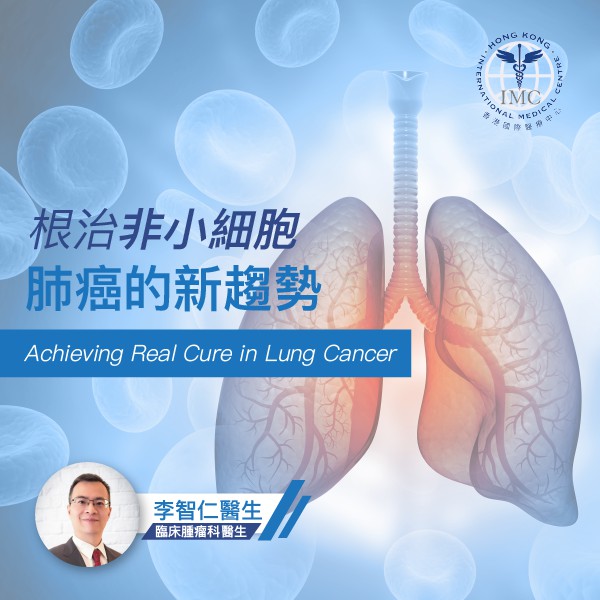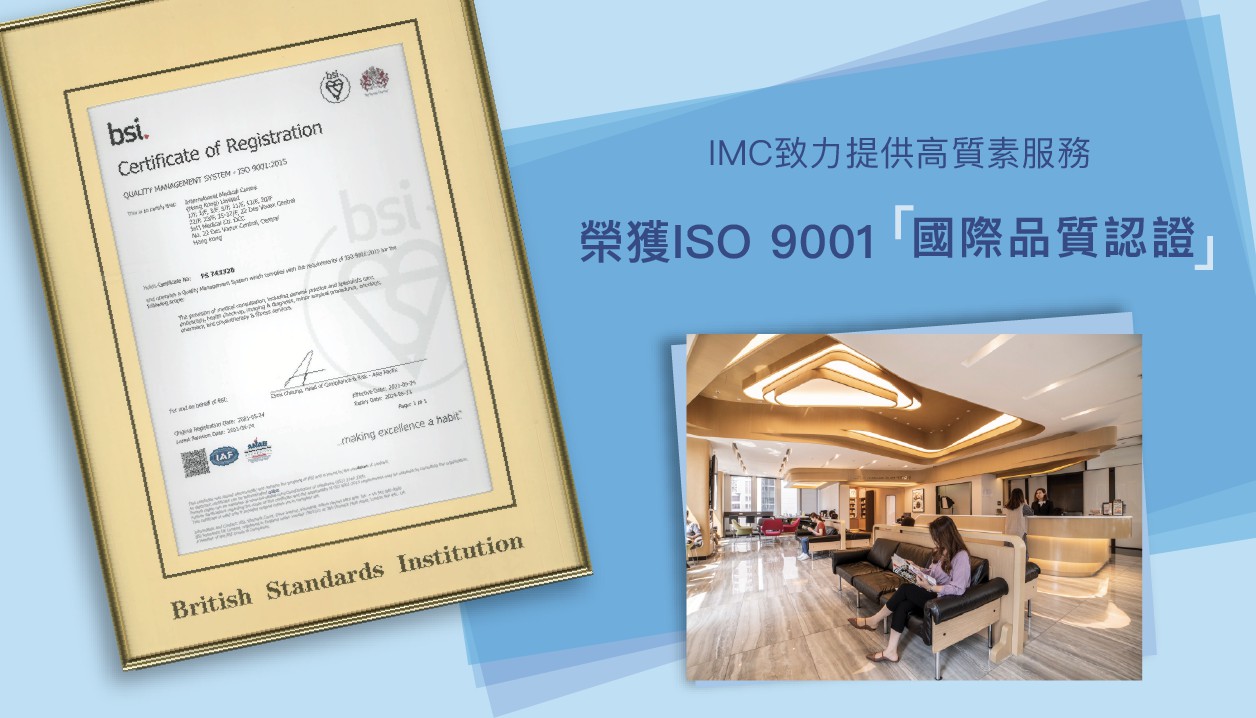Achieving Real Cure in Lung Cancer
Publish date:2020-12-21
In my previous article, we shared about current approach to late stage (stage 4) lung cancer. In contrast, today we will focus on earlier stages of non-small cell lung cancer, where the aim of the treatment is still achieving full cure from the disease. Much progress have been made in this area over the past years.
Until rather recently, the standard approach to early and intermediate stage lung cancers have been surgical resection for cases that are resectable (stages 1 – 3A) and for those intermediate stage cases that are unresectable (stage 3) , combined chemo-radiotherapy is the standard treatment. However, even though these treatments are done with the intent to cure, the chance of recurrence remains very disappointingly high. For instance, a large study found that only 44% of stage 2&3 patients remain alive and without recurrence 2 years after supposedly curative surgery.
Several major breakthroughs have been made recently in this area, substantially improving the chance of achieving real cure for many patients with early and intermediate stage lung cancer.
For the patients with the earliest stage cancers (stage I), even though the standard curative treatment is complete surgical resection, surgery is sometimes not possible due to patient frailty, refusal or other contraindications to surgery. Recent advancements in radiotherapy technology has made available the technique of SBRT. This relatively new non-invasive technology allows extremely high doses of radiotherapy to be accurately delivered to the tumour while relatively sparing the surrounding normal tissue. Very high cure rates can be achievable, in excess of 90% according to some studies and is therefore an excellent new option for this situation.
On the other hand, for patients who have successfully undergone surgery to remove the tumour, further chemotherapy is often required to reduce the chance of recurrence, but even with this, many patient still relapse. A large study has very recently shown that for tumours with EGFR mutation (accounting for about 50% of HK cases), target therapy with the new drug osimertinib can markedly reduce the chance of recurrence after surgery: in a very recent study, 90% of patients remain alive and disease free when this drug is added after surgery, whereas only 44% for those treated with chemotherapy alone 2 years after surgery. This is an impressive improvement to realizing the goal of achieving real cure.
As for patients with intermediate stage (stage III) lung cancers that are inoperable, recent findings from a large study confirms that consolidation immunotherapy after chemo-radiotherapy can markedly reduce subsequent recurrence and improve survival. According to this study, for those patients treated with consolidation immunotherapy, 50% remain alive at 4 years compared with only 36% in those treated with chemo-radiotherapy alone.
In summary, with new breakthroughs in medical treatments, the chance of genuine cure has substantially increased for patients suffering from early and intermediate stage non-small cell lung cancer.
Source: Clinical Oncologist, Dr. Conrad Lee

Until rather recently, the standard approach to early and intermediate stage lung cancers have been surgical resection for cases that are resectable (stages 1 – 3A) and for those intermediate stage cases that are unresectable (stage 3) , combined chemo-radiotherapy is the standard treatment. However, even though these treatments are done with the intent to cure, the chance of recurrence remains very disappointingly high. For instance, a large study found that only 44% of stage 2&3 patients remain alive and without recurrence 2 years after supposedly curative surgery.
Several major breakthroughs have been made recently in this area, substantially improving the chance of achieving real cure for many patients with early and intermediate stage lung cancer.
For the patients with the earliest stage cancers (stage I), even though the standard curative treatment is complete surgical resection, surgery is sometimes not possible due to patient frailty, refusal or other contraindications to surgery. Recent advancements in radiotherapy technology has made available the technique of SBRT. This relatively new non-invasive technology allows extremely high doses of radiotherapy to be accurately delivered to the tumour while relatively sparing the surrounding normal tissue. Very high cure rates can be achievable, in excess of 90% according to some studies and is therefore an excellent new option for this situation.
On the other hand, for patients who have successfully undergone surgery to remove the tumour, further chemotherapy is often required to reduce the chance of recurrence, but even with this, many patient still relapse. A large study has very recently shown that for tumours with EGFR mutation (accounting for about 50% of HK cases), target therapy with the new drug osimertinib can markedly reduce the chance of recurrence after surgery: in a very recent study, 90% of patients remain alive and disease free when this drug is added after surgery, whereas only 44% for those treated with chemotherapy alone 2 years after surgery. This is an impressive improvement to realizing the goal of achieving real cure.
As for patients with intermediate stage (stage III) lung cancers that are inoperable, recent findings from a large study confirms that consolidation immunotherapy after chemo-radiotherapy can markedly reduce subsequent recurrence and improve survival. According to this study, for those patients treated with consolidation immunotherapy, 50% remain alive at 4 years compared with only 36% in those treated with chemo-radiotherapy alone.
In summary, with new breakthroughs in medical treatments, the chance of genuine cure has substantially increased for patients suffering from early and intermediate stage non-small cell lung cancer.
Source: Clinical Oncologist, Dr. Conrad Lee









